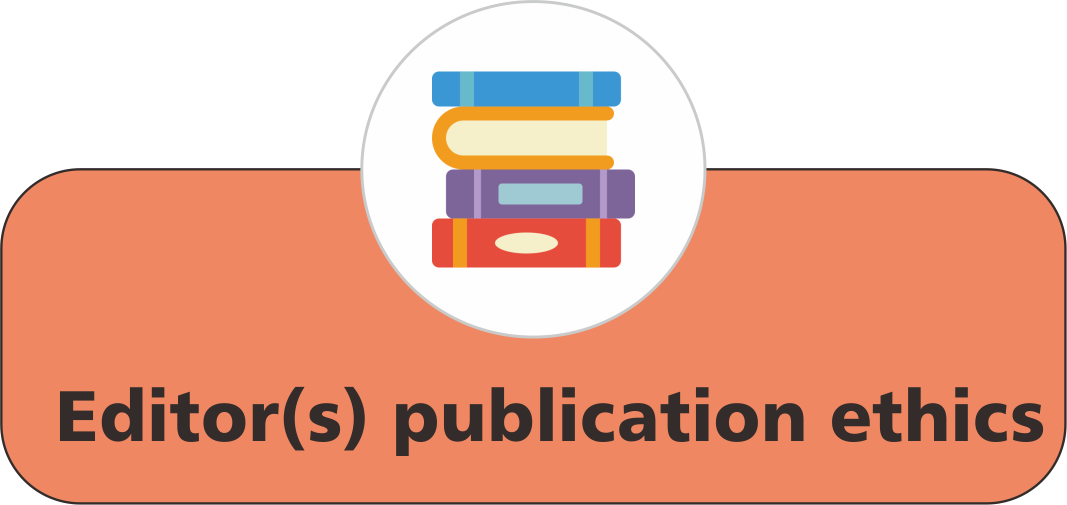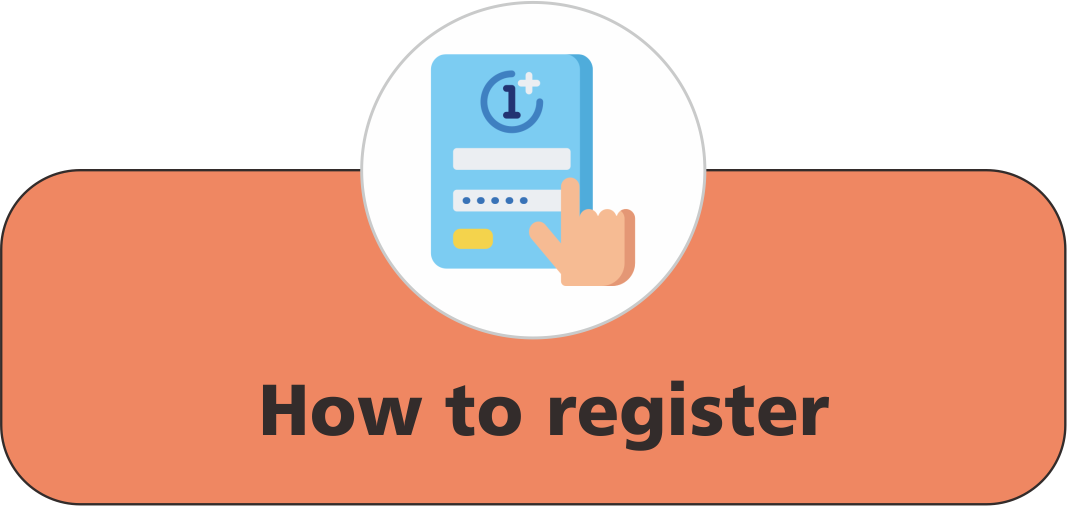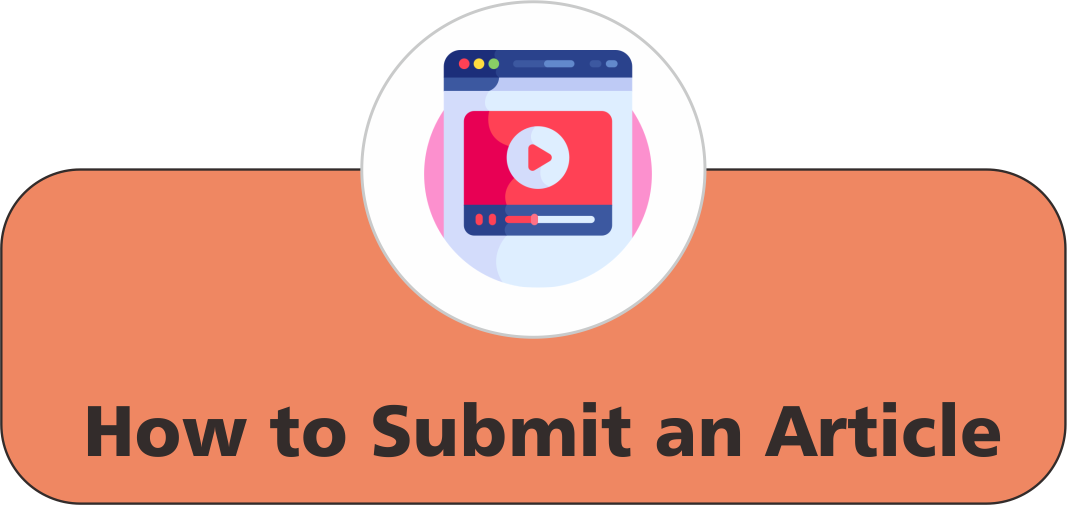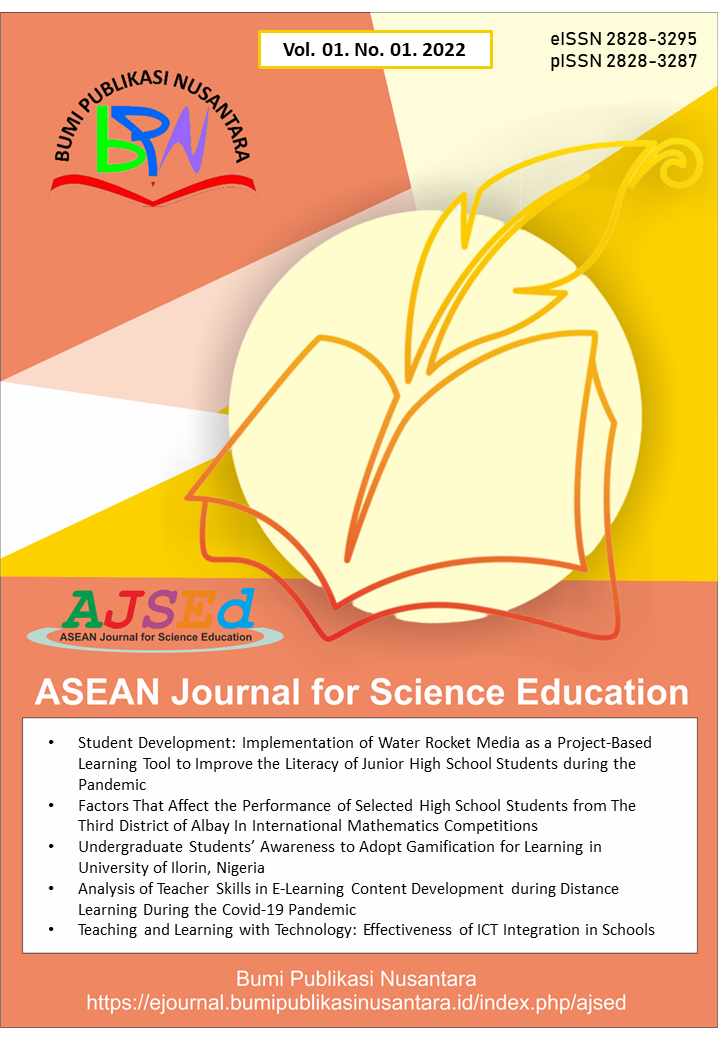Integrating Chemistry, Information Technology, and Entrepreneurship Through Project-Based Learning: A Framework for Enhancing Digital and Entrepreneurial Competencies in Undergraduate STEM Education
 ), Suzaliza Mustafar(2),
), Suzaliza Mustafar(2),
(1) Universiti Pendidikan Sultan Idris
(2) Universiti Pendidikan Sultan Idris
 Corresponding Author
Corresponding Author
Abstract
This study investigates the effectiveness of integrating chemistry, information technology, and entrepreneurship through a structured project-based learning (PBL) framework in an undergraduate chemistry course at Universiti Pendidikan Sultan Idris, Malaysia. The program, implemented over 14 weeks with 127 students, aimed to bridge theoretical chemical knowledge with practical entrepreneurial and digital skills. Students worked in teams through five sequential phases: orientation, research, product development, marketing, and public showcase, culminating in the creation and commercialization of healthcare or agricultural products. Data from reflections and surveys revealed that the PBL approach enhanced students’ confidence, communication abilities, digital literacy, and entrepreneurial mindset. Participants valued the opportunity to apply theoretical concepts to real-world contexts while developing transferable skills for innovation- driven careers. The findings highlight PBL as a replicable model for fostering active learning, curriculum relevance, and student agency in STEM education, with potential to prepare graduates for the demands of the 21st-century workforce.
Keywords
References
Almulla, M. A. (2020). The effectiveness of the Project-Based Learning (PBL) approach as a way to engage students in learning. SAGE Open, 10(3), 1-15.
Astarina, S., Barliana, M. S., and Permana, D. C. (2020). Implementation of project-based learning method to increase transferable skills of vocational high school students. IOP Conference Series: Materials Science and Engineering, 830(2), 022065.
Belda-Medina, J. (2021). ICTs and Project-Based Learning (PBL) in EFL: Pre-service teachers’ attitudes and digital skills. International Journal of Applied Linguistics and English Literature, 10(1), 63-70.
Camilon, K.F., Dupitas, J.E.A., Cajandig, A.M.C., Cuba, B.A.A., Valdez, A.G., Abelito, J.T., and Marcella, A.M.A. (2025). Perceptions of senior high school science, technology, engineering, and mathematics (STEM) students toward STEM and non-STEM courses: A comparative qualitative study. ASEAN Journal for Science Education, 4(2), 105-112.
Chung, C., Huang, S., Cheng, Y., and Lou, S. (2020). Using an iSTEAM project-based learning model for technology senior high school students: Design, development, and evaluation. International Journal of Technology and Design Education, 32(2), 905–941.
Crespí, P., García-Ramos, J. M., and Queiruga-Dios, M. (2022). Project-Based Learning (PBL) and its impact on the development of interpersonal competencies in higher education. Journal of New Approaches in Educational Research, 11(2), 259–276.
Efstratia, D. (2014). Experiential Education through Project Based Learning. Procedia – Social and Behavioral Sciences, 152, 1256–1260.
Fitrianti, A., Suwarma, I.R., and Kaniawati, I. (2024). Improvement of students' literacies skills in the knowledge aspect through science, technology, engineering, and mathematics (STEM)-integrated module. Indonesian Journal of Teaching in Science, 4(1), 41-46.
Hawa, S., Dayana, N., and Fadzil, M. (2024). The effectiveness of project-based digital learning approach in engaging students actively in learning. International Journal of Education, Psychology and Counseling, 9(55), 197-215.
Isa, Z. C., and Azid, N. (2021). Embracing TVET Education: The effectiveness of project based learning on secondary school students’ achievement. International Journal of Evaluation and Research in Education, 10(3), 1072–1079.
Mutanga, M. B. (2024). Students’ perspectives and experiences in project-based learning: A qualitative study. Trends in Higher Education, 3(4), 903-911.
Patel, N. S., Puah, S., and Kok, X. F. K. (2024). Shaping future-ready graduates with mindset shifts: studying the impact of integrating critical and design thinking in design innovation education. In Frontiers in Education, 9, 1358431.
Rahmi, N.A., Syahmani, S., Mahardika, A.I., Suyidno, S., and Suwandy, F.I. (2025). Trends in information and communication technology (ICT)-based science, technology, engineering, and mathematics (STEM) teaching materials development in science learning in Indonesia: A systematic literature review. Indonesian Journal of Multidiciplinary Research, 5(1), 115-132.
Sah, F., Naura Sasikirana, H., and Pujiani, T. (2024). The Implementation of project-based learning in developing 21st century skills in EFL Class. Journal of Development and Innovation in Language and Literature Education, 4(4), 257-272.
Solihah, P.A., Kaniawati, I., Samsudin, A., and Riandi, R. (2024). Prototype of greenhouse effect for improving problem-solving skills in science, technology, engineering, and mathematics (STEM)-education for sustainable development (ESD): Literature review, bibliometric, and experiment. Indonesian Journal of Science and Technology, 9(1), 163- 190.
Zhang, L., and Ma, Y. (2023). A study of the impact of project-based learning on student learning effects: A meta-analysis study. Frontiers in Psychology, 14, 120272.
Article Metrics
Abstract View : 314 times
: 314 times Download : 166 times
Download : 166 times
Refbacks
- There are currently no refbacks.
Copyright (c) 2025 Bumi Publikasi Nusantara

This work is licensed under a Creative Commons Attribution-ShareAlike 4.0 International License.







